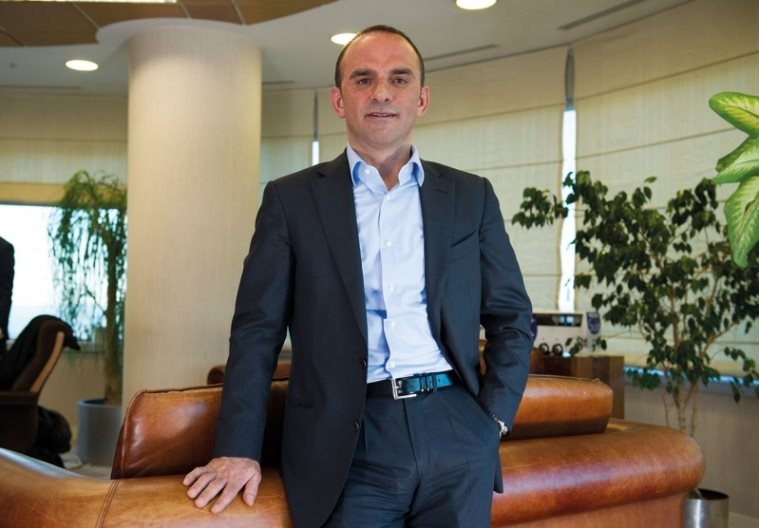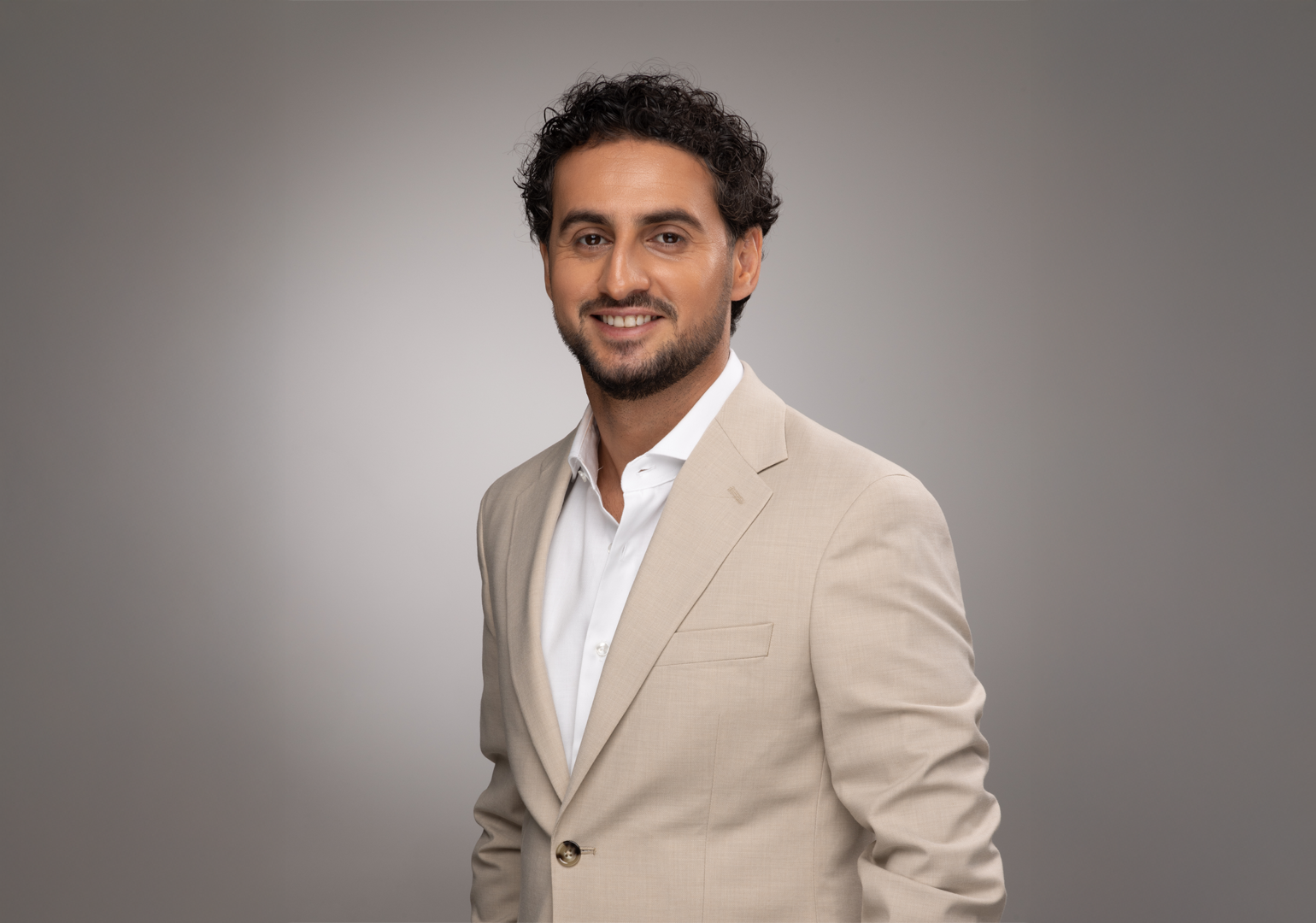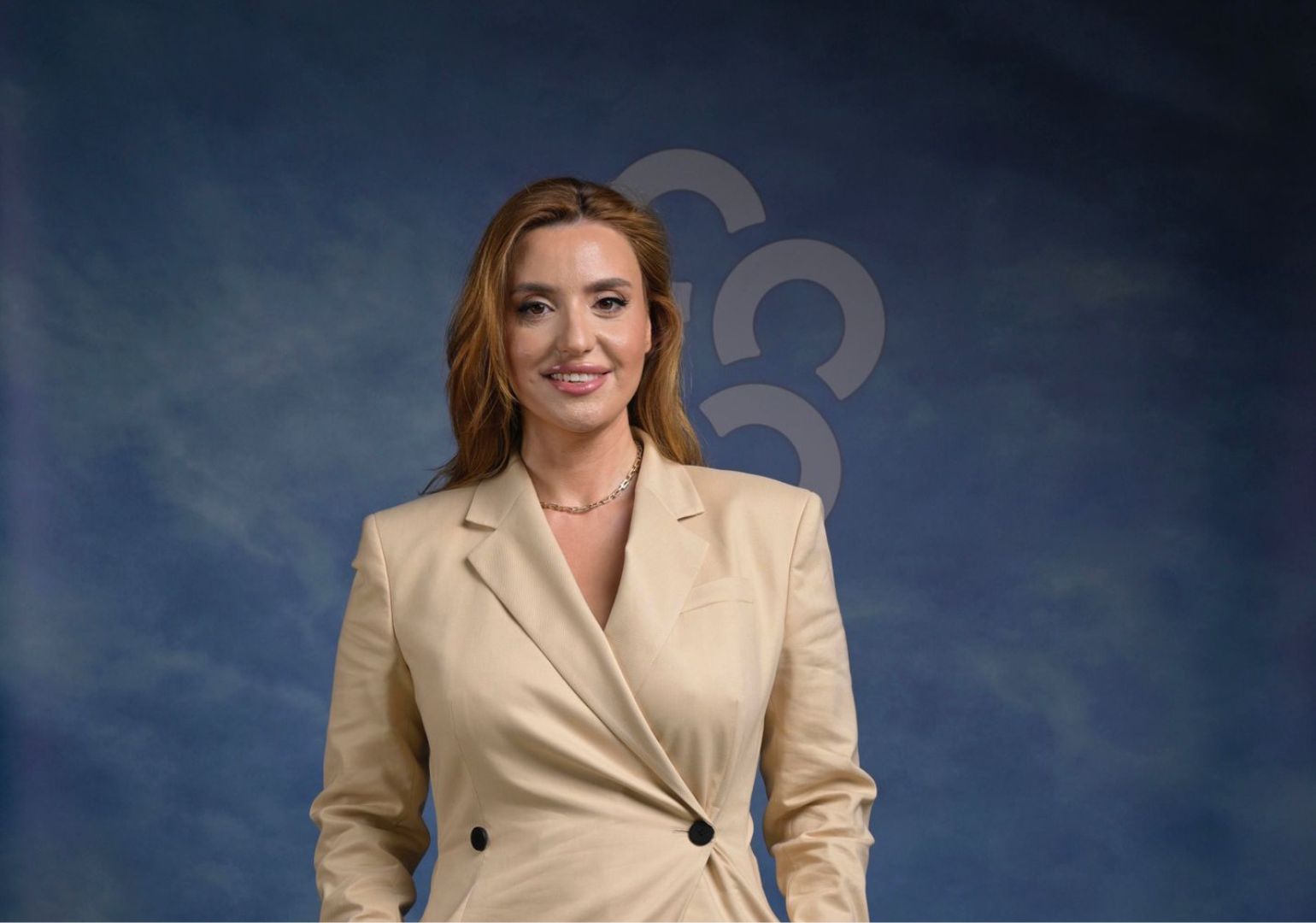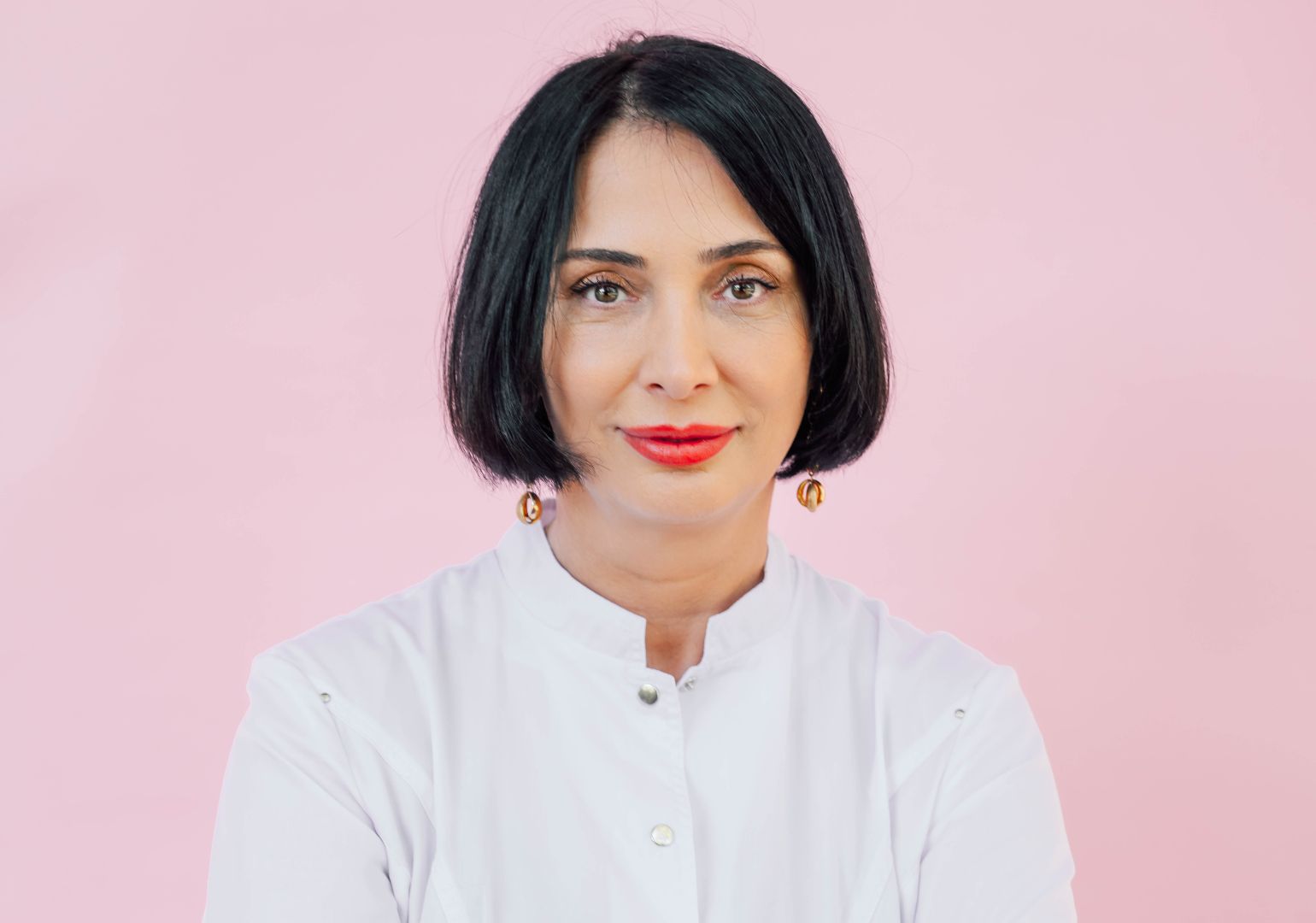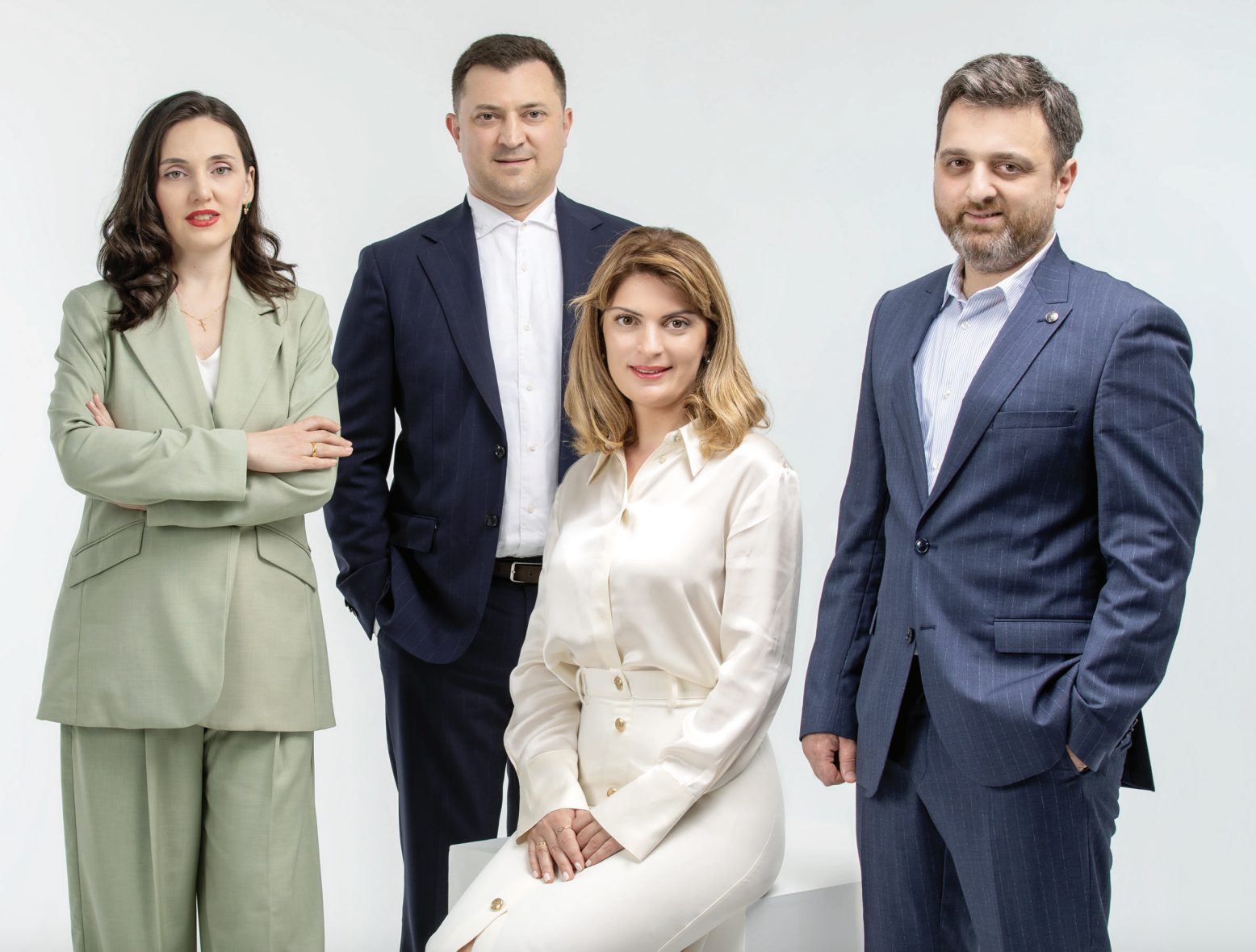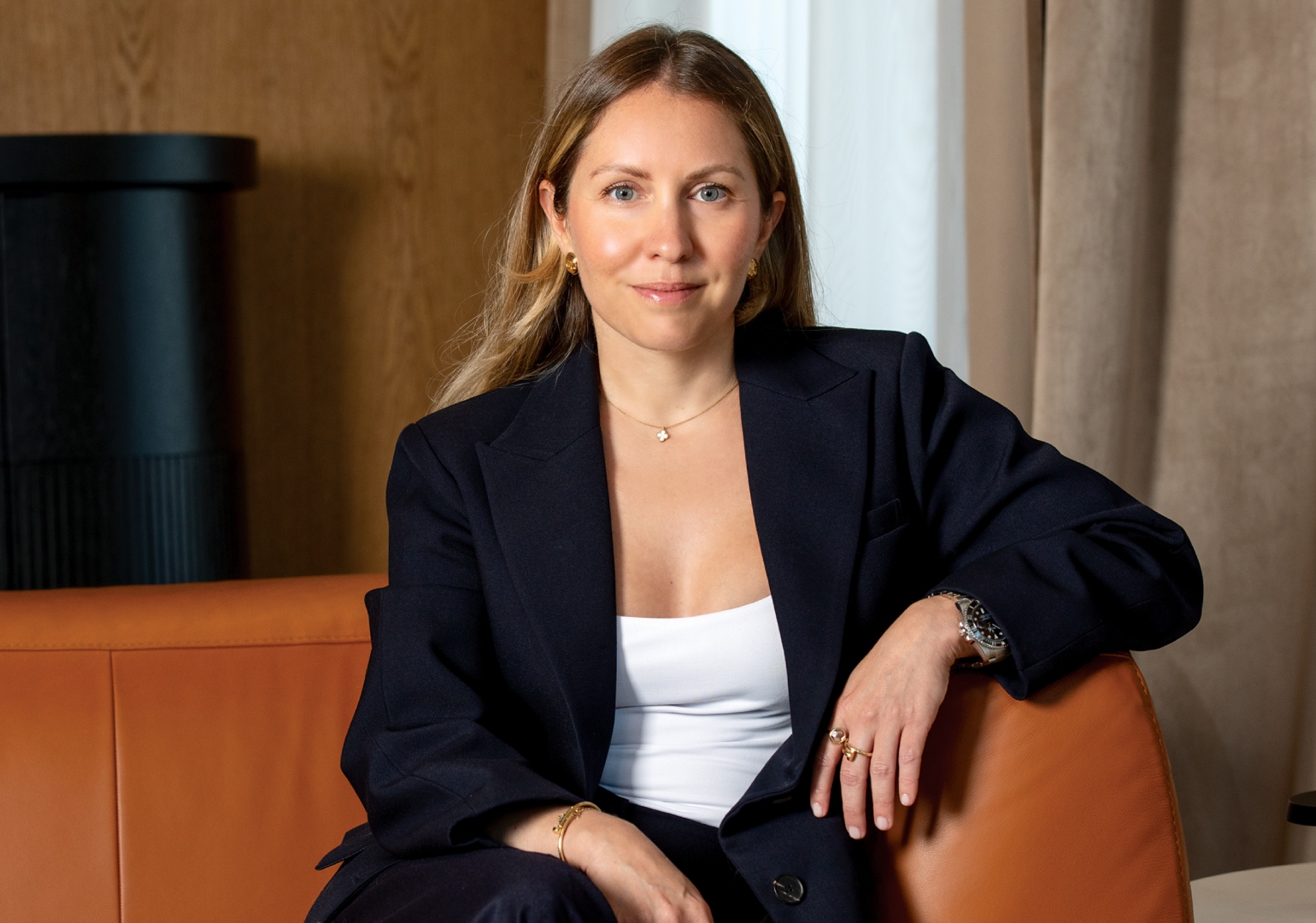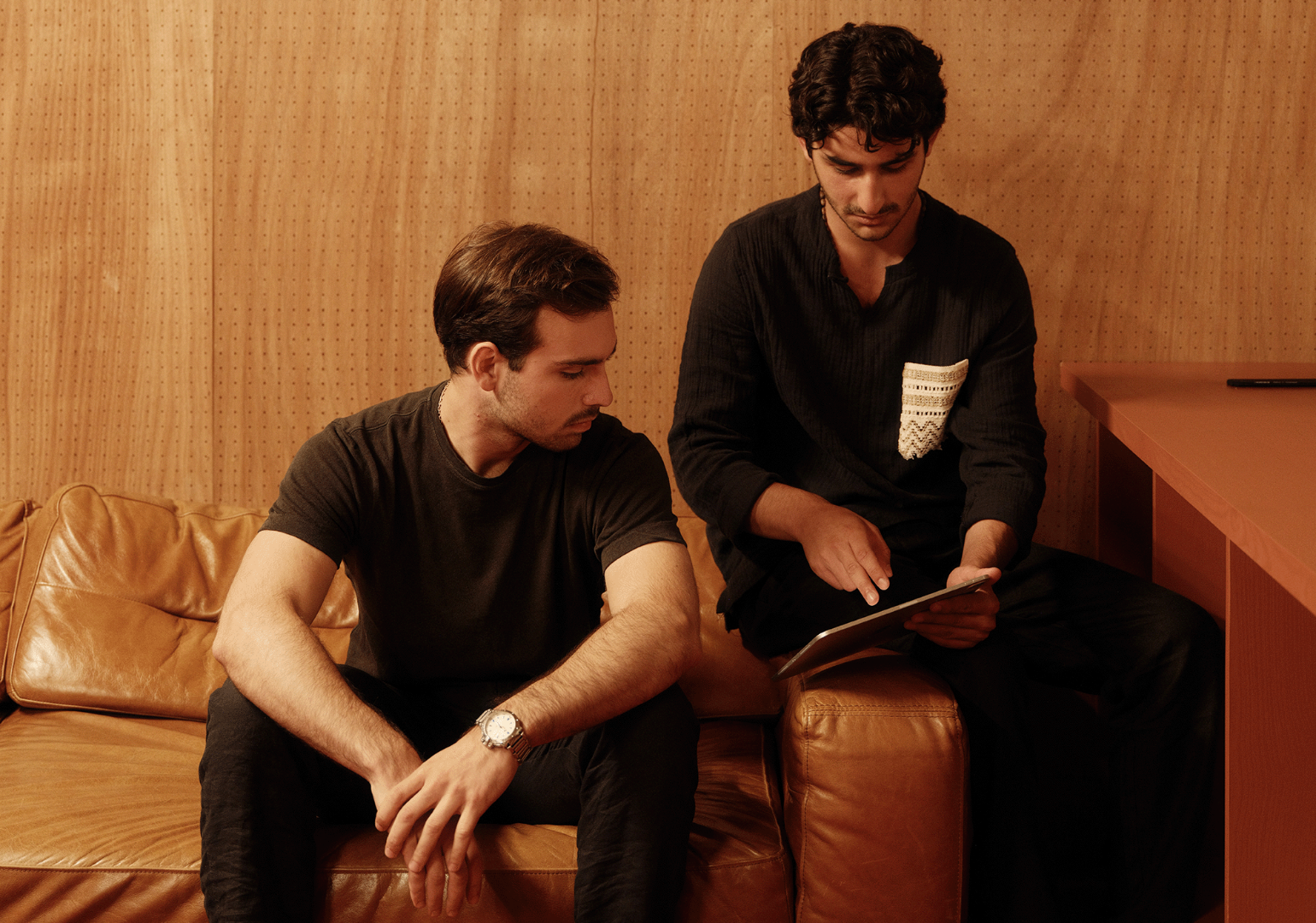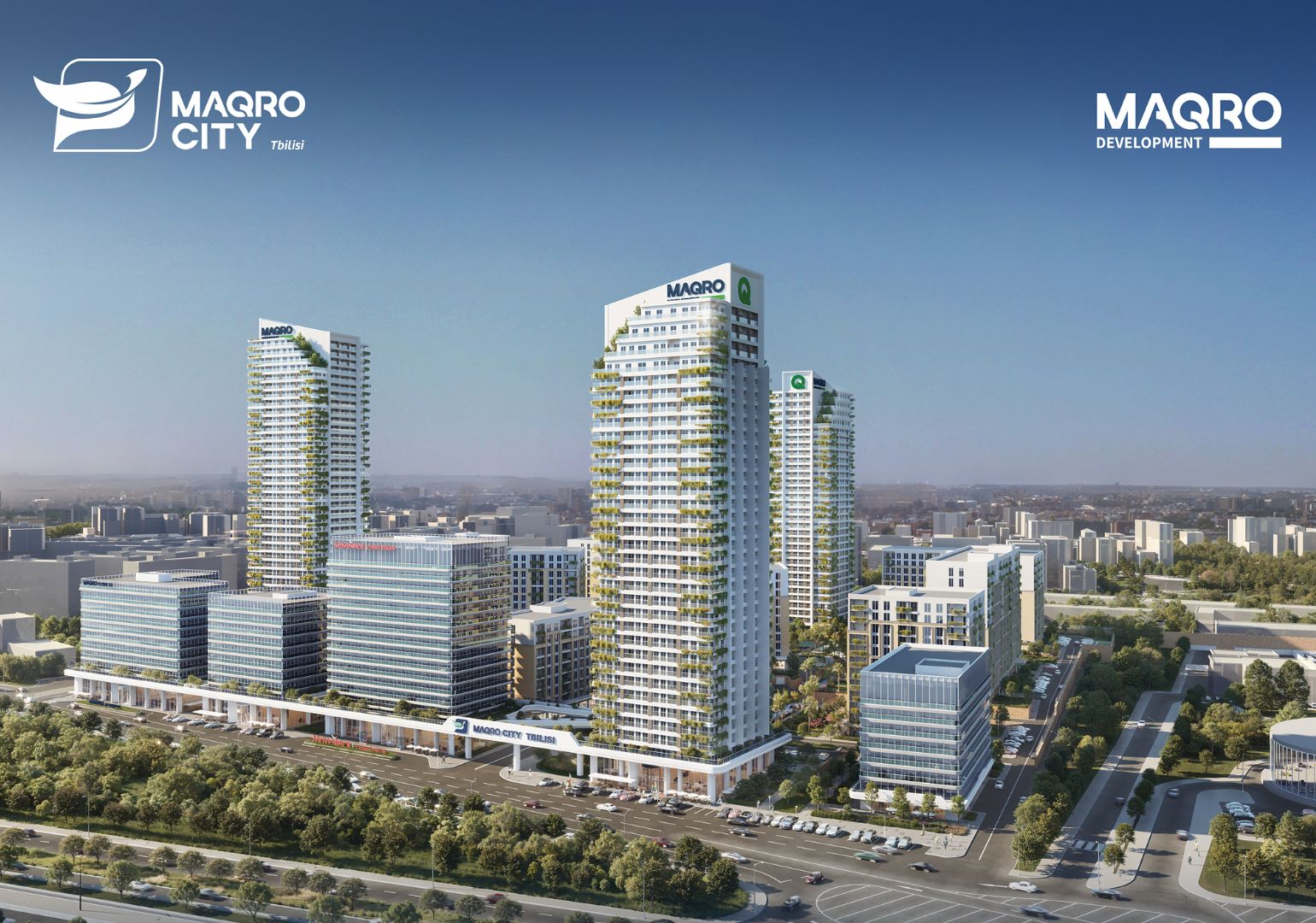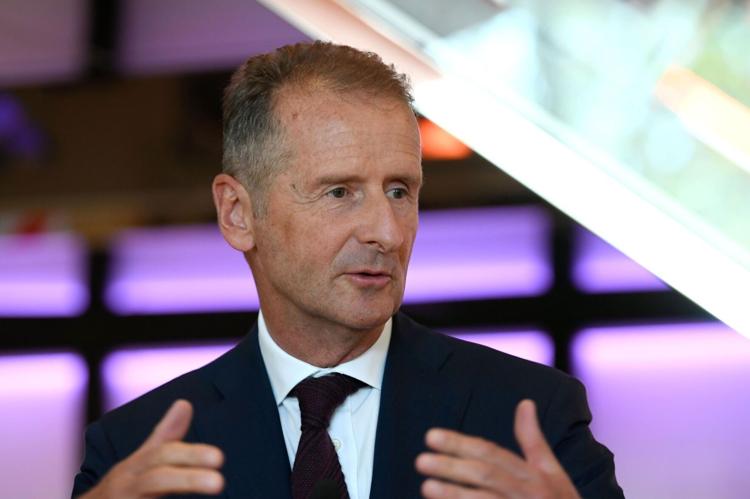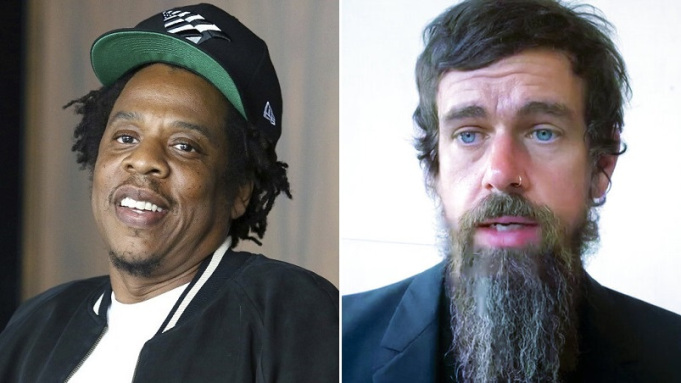Metro Holding founder Galip Öztürk accounts for 3,000 jobs and $500 million’s worth of investment in Georgia. The Turkish businessman is seen as one of the largest investors in Adjara. Since 2012, he has implemented numerous projects in Georgia, with tourism, transport and finances accounting for the majority of his business activities. Metro Holding is currently represented in Adjara by its subsidiary investment firm Metro Atlas Georgia. Galip Öztürk spoke to Forbes Georgia exclusively about the ongoing projects, as well as future plans and visions.
Metro Atlas Georgia has been operating in this country since 2012. As one of the largest investors in Georgia, you have accumulated extensive experience with regards to doing business here. How would you assess the current business environment in Georgia, and where do we need help?
A lot has changed over the last eight years. What we need to protect most is our democracy. The pandemic period once again showed that Georgians are easy to guide, and if they are given the right directions, then a lot of good things can happen. I think we are doing everything right, but more innovations are needed. Revenues from tourism are growing, and we need to pay particular attention to the hospitality sector. We saw during the pandemic how important tourism is for this country. It was a lesson for us all, and I am sure that we will welcome tourists with a broader smile and take better care of them when they come back. There was a problem with regards to education in this field, but we can see progress on that front, too. It is better to ask what we need to focus on, rather than what needs to be improved. I believe that we need to continue focussing on tourism and doing everything to attract foreign investment in this field.
Furthermore, we urgently need to develop the capital market. Looking at examples from abroad, the autonomy of the capital market is justified. If you try contacting a brokerage firm in order to undertake investment, you will be redirected to a UK or American stock exchange. Myself and like-minded businesspeople from abroad are working towards increasing investment and bringing money into Georgia. We ought to justify Georgia’s high position in the ease of doing business index by developing the capital market.
Once the Georgian Stock Exchange implements measures geared towards developing the capital market, and once the investments brought in through these tools are turned into real money, the country’s GDP can increase threefold.
Many people say that we need to focus on technologies and innovations.
They are correct. We must prepare the groundwork for our young people to be able to showcase their talents globally. This would happen so much quicker if university graduates were able to find jobs with a monthly salary of ₾ 4000, rather than ₾ 1000. To ensure that ‘hot money’ flows into the country, we have to develop tourism, the financial sector and the capital markets. The groundwork has already been laid, and we have the necessary experience. Now we must take advantage of all our opportunities. It would be good for the Minister of the Economy to come up with a slogan such as ‘500 companies on the Georgian Stock Exchange’ – it may even be used for the election campaign (smiles). With regards to the existing legislation, I do not see any barriers to companies being listed on the local stock exchange. Indeed, we will be listing our hotel Euphoria on the stock exchange soon enough. However, the government could implement measures to speed up this process even more.
The pandemic has created numerous new opportunities. What new possibilities have you managed to uncover, and do you have any new ideas?
New possibilities have indeed arisen. Good governance has led to the country becoming a green zone. When I arrived here six years ago, I said that Georgia was the Switzerland of the Caucasus. Since then, I have observed further development and creation of numerous new opportunities. We must believe in this country and let ourselves be guided by that belief.
The pandemic has also inspired new ideas in me. For example, we managed to create a garden on the 18th floor and cultivate tomatoes, cucumber and greens. This led me to the idea of cultivating rice in Georgia, and I already spoke to the Ministry of the Economy about this. There is a drying enterprise in Zugdidi that used to be owned by the Ministry of Agriculture, and was recently transferred to the Ministry of the Economy. We plan to reactivate this plant. Georgia imports 15,000 tonnes of rice each year. Why should we not be able to export this product ourselves? Talks with the Ministry of the Economy and the Enterprise Georgia project are ongoing, and will hopefully be successfully completed soon. We currently plan to invest ₾ 12 million in rice production, but this amount may be increased further. We are fully dependent on foreign imports in this field, but if Ukraine and Turkey are able to produce rice, why should Georgia not be able to do the same? We must do everything to make Georgia self-sufficient.
Earlier this year, the company New Investment Opportunities, which is co-owned by you and the former Minister of the Economy Dimitri Kumsishvili, purchased the insurance firm Kamara. What are your plans in the insurance business?
Insurance is not among the main areas of our group’s activities, but my friends in Turkey alerted me to the possibility of purchasing this company. Since we do not usually operate in this field, we needed someone who would lead this process. We therefore decided to purchase Kamara jointly with Dimitri Kumsishvili. It currently ranks bottom among the 17 insurance firms operating in Georgia. However, we do not like being unsuccessful. Together with Mr. Kumsishvili, we developed a project that envisages Kamara breaking into the top 5 within three years.
I have known Dimitri Kumsishvili for several years, and I am familiar with his achievements. We are not planning to limit ourselves to the insurance business, and will also work together in other fields. We plan to develop the currently underdeveloped capital market, and to involve Mr. Kumsishvili in this process. To this end, we plan to purchase a brokerage firm and use the experience acquired in Turkey. I cannot name the company in question, as the procurement process is still ongoing. However, we are hoping to complete and announce the deal this month.
Your company bought a 50% stake in the Intourist Hotel in 2015. Later you became the sole owner of the facility. What changes did you implement at this historic hotel?
We were unable to alter anything, as the building is protected by cultural heritage status, which prevents us to even replace a nail. We are awaiting permission to carry out minor changes, such as repainting the place. We were not looking to implement major changes in any case.
Several months ago we purchased a similar historic building in Batumi – the old pharmacy building – which has become something of an eyesore for the city. We plan to transform the building while retaining its exterior style. It will house a café, shops, a 49-room hotel and a casino. This project will be a worthy addition to the city centre. Everything has been agreed, and we are just waiting for the final approval from the Ministry of the Economy.
Metro City, Intourist Hotel, transport business and many others… which one of your projects in Georgia are you most proud of?
These are all worthy projects for me, but if a client was looking to buy my house, I would be willing to leave it within 6 hours without taking anything with me. Anything is for sale, with the exception of the Intourist Hotel. All other projects were started to create additional value, but Intourist belongs to Georgia.
What can you tell us about the economic ties between Georgia and Turkey? What sort of potential do these two countries have?
I view the relations between Georgia, Turkey and Azerbaijan as a joint matter. Georgia has a European-style customs system. With regards to manufacturing, it would be possible for Turkish companies to move production to Georgia. I often speak to Turkish investors and explain to them the advantages of manufacturing in Turkey and Georgia, as opposed to Turkey and China. I advise investors to choose Georgia because it is more advantageous to do so, the Georgian government has an open policy towards investors and the Enterprise Georgia project is operating effectively in the field of investment.
What can Georgia learn from Turkey?
When we first started building in Georgia, we brought almost all our employees over from Turkey. Later we would only need to invite construction project leaders, and then only engineers. Therefore, the experience of Turkish professionals can be useful, and one can learn a lot from this country.
You became a Georgian citizen in 2015. What does this mean for you?
I hold dual citizenship, and it is a great honour for me to be a Georgian national. As I already mentioned, I used to refer to Georgia as the Switzerland of the Caucasus, but now I believe that we have better opportunities than Switzerland itself. Turkey and Georgia are neighbours with similar traditions and customs. I would describe Georgia as the ‘West of the East.’ If we imagine the Black Sea as a ring, then Georgia would be its diamond. We have minor investments in Greece, Bulgaria and Germany, but I choose to live here and I love Georgia. I believe I can share numerous interesting experiences. I used to live here as a neighbour, but now I live as a Georgian citizen in my own country and I fly the Georgian flag with pride.
Certain sections of the Turkish media describe you as a billionaire, but the precise extent of your wealth is unknown. It would be interesting to hear you address this issue.
I work hard and I am a fighter. I started with nothing, and today I still enjoy cultivating peppers and other vegetables on the 18th floor. I am happy with what I have. I love nature, and I love Georgia. I am not a billionaire.
Internet sources state that you have nine children. Are any of them involved in your business activities in Georgia?
Indeed, I have nine children, but they all live and work in Turkey. My youngest is 12 years old, and my eldest is 34 years of age. Even my 12 year old son works, selling vegetables and eggs. He is therefore also involved in business. My sons and daughters help me manage my companies. With time, they are getting better and better at their jobs. They have the energy of the youth. Some of them are in the tourist business, while others are active in the financial sector. They all work.
Following the 2016 coup attempt in Turkey, you were facing certain difficulties. How is your relationship with the Turkish government today?
My problems were with the people who organised the coup. I have no issues with the Turkish government at all. We share the same world view and we follow the same direction. I think about the future, rather than the past. I am only interested in working hard.
Several months ago you donated ₾ 500,000 to the StopCoV Fund and a further ₾ 1 million’s worth of equipment and medicine to the Georgian health sector. We also remember your previous charitable activities. Why are such activities important for you personally and for businesspeople in general?
I believe that everyone must accept their share of social responsibility. We saw once again during the pandemic that we can accomplish a lot through joint efforts. The pandemic united us and allowed us to look into ourselves. I believe in Georgia.
Your stated goal is to build at least 100 schools within your lifetime. How many have you managed to build so far, and what can you tell us about your school in Batumi which still does not have the necessary accreditation?
I have built more than 40 schools already. My goal was to build a professional college of tourism in Georgia and thereby support the local tourist industry. However, we ran into problems concerning the status of the institution. These issues are still unresolved, which bothers me a lot as we are unable to accept Georgian students. We built this school for the purpose of sharing our experience with Georgians. Instead, the school currently has 350 Turkish students. The Georgian and Turkish ministries of education must come to an agreement about the status of this facility. Turkish families should certainly benefit from this institution too, but I envisaged it primarily as a college of tourism. We were planning to invite experienced Turkish specialists in this field. However, the facility is currently operated not by us but by the Embassy of Turkey. I hope that this issue can be resolved soon.
Finally, tell us a little bit about the future. Apart from the aforementioned projects, what are your plans in Georgia?
One of our future projects is the Goderdzi hotel, which is nearing completion and will hopefully open in time for the upcoming winter season.
We are also implementing two projects in Tbilisi. They have been slightly delayed due to the pandemic, but the works are ongoing. I can reveal details about one of these projects – a 909-room hotel in the Ortachala district. This means that we will break our own record and open the largest hotel in Georgia.
